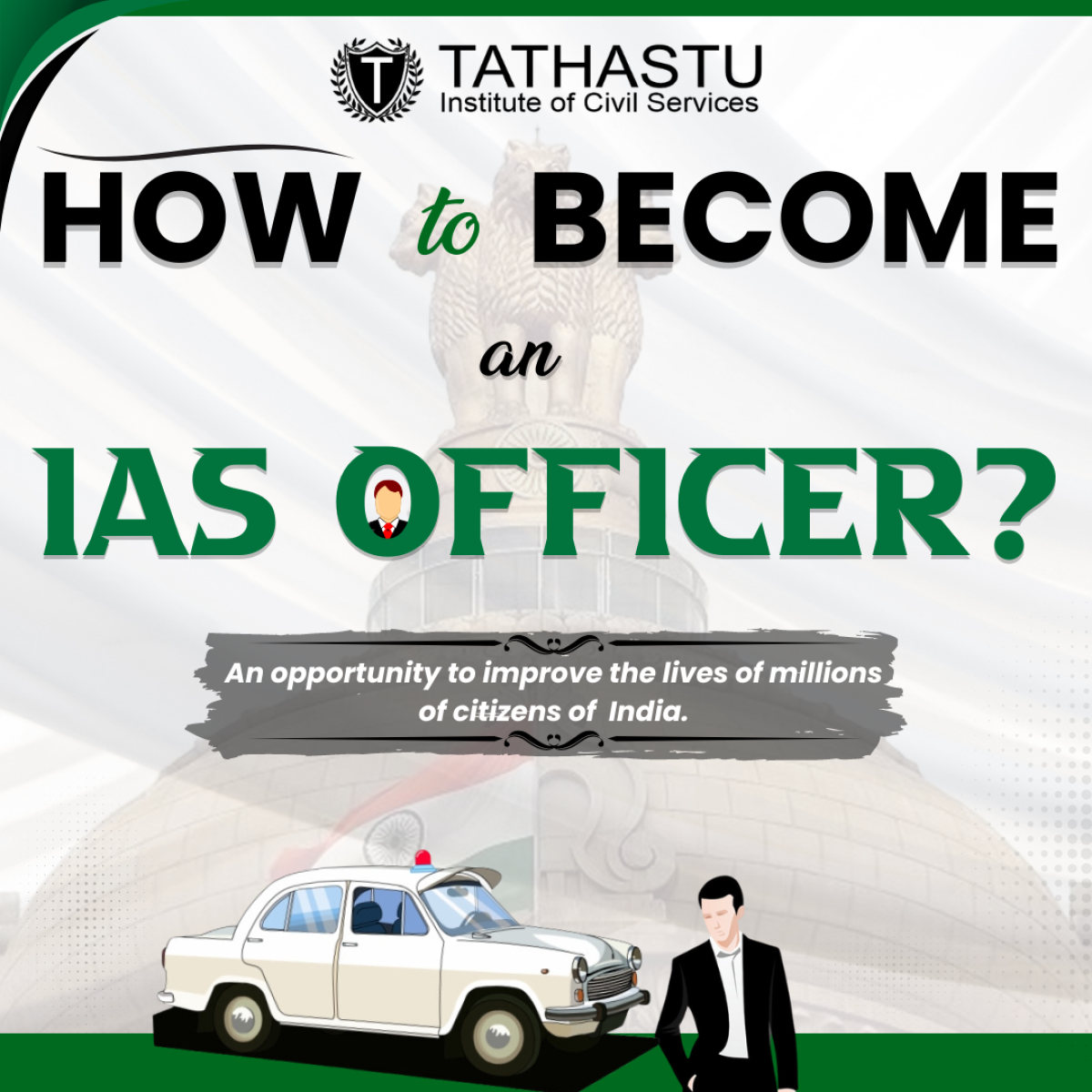Special Batch Available Morning & Evening
Click Here
IAS officers have an opportunity to make life better for millions of citizens in this nation, from providing electricity in remote villages, maintaining law and order, building roads etc.
Reaching IAS officer status requires commitment, strategic thinking and self-discipline. Begin your journey today by dedicating 4-5 hours daily reading current affairs.
1. Know Yourself
Civil service jobs can be both rewarding and demanding; for those interested in public service who want to make a difference for their nation, joining the Civil Services may be the right fit.
Step one towards becoming an IAS officer is identifying whether this truly is what you want to do and then setting out on that journey with commitment and determination. There will undoubtedly be obstacles on that road to your dreams of IAS officership; some may test your faith. But with courage to persevere through any setbacks along the way and never give up, your goals can become reality!
Once you know this is what you truly desire, the next step should be preparing for the exam. Once again, an excellent coaching institute like Tathastu ICS provides outstanding UPSC preparation guidance and test series - just what you need for success.
2. Know the Syllabus
An important step toward becoming an IAS officer lies in understanding the UPSC syllabus and creating a well-rounded preparation strategy. Commerce students should focus on economics and accounting while also paying attention to history, geography, polity, and current affairs - and use past years' question papers as a practice resource to get familiar with questions likely to appear on the UPSC Civil Services Exam.
Analytical thinking is essential for IAS officers, as they often must make decisions with limited information and competing priorities. They must be able to take an objective view and find solutions that serve the public's best interests.
IAS officers should show kindness towards those less fortunate, working to reduce disparity between rich and poor. Furthermore, they must follow utilitarianism's principle - an ethical theory which determines right from wrong based on its consequences - which ensures their policies and actions benefit as many people as possible.
3. Plan Your Strategy
If you want to become IAS Officer, it can only be achieved through hard work and constant focus. Aspirants should plan their preparation carefully and adhere to it; writing down goals and the reasons behind them, and reading over them daily before going to sleep or upon awakening is also highly effective.
NCERT books are the ideal study material for IAS examination, since they come directly from the government and contain in-depth explanations of all topics on the syllabus. Furthermore, making your own notes while studying can help organize material more easily and make it easier to recall later. Furthermore, stay abreast of current affairs by keeping yourself up-to-date by reading newspapers, listening to news debates or following reliable websites.
Mock tests for prelims and mains exams should also be used as an effective means to evaluate your preparation level and identify areas for improvement. In addition, taking mock tests regularly will build confidence while speeding up writing answers.
4. Take Regular Tests
The Union Public Service Commission administers the IAS exam annually to recruit officers for government services like IAS, IPS and IRS. In order to pass all three rounds and become an IAS officer, it is necessary to meet certain eligibility criteria.
When preparing for an IAS exam, you must dedicate yourself fully to studying and develop an effective strategy. Either seek coaching from one of the top IAS institutes or set a self-study study schedule that covers all subject matter. Furthermore, staying informed with current affairs by reading newspapers regularly is also vital for exam success.
Create short notes while studying, so you can easily revise them during an exam. Yojana, Kurukshetra and Economic & Political Weekly magazines may help hone your knowledge further. You should also work on developing interpersonal and communication abilities as these will be essential during interview rounds of the process. Finally, don't forget to look after yourself by eating right and sleeping well!
5. Have Faith in Yourself
Becoming an IAS officer is both challenging and rewarding; it requires hard work, a strategic approach and faith in oneself to succeed. Belief in yourself will keep you motivated and on target towards reaching your goals during interviews; during which you'll be judged on leadership skills such as clear thinking and expression as well as stress tolerance/management ability/presence of mind etc. Additionally, decision-making abilities such as utilitarianism will also be tested; compassion is another valuable trait which should help relieve people experiencing hardship more quickly.
Civil services is a time-intensive profession, so it's crucial that you carefully consider if this path is what you truly desire. Only pursue it if your passion lies with serving the nation and creating positive changes within society. Once committed, start training your mind for exam by reading books, studying current affairs, practicing mindfulness techniques and networking with knowledgeable people.